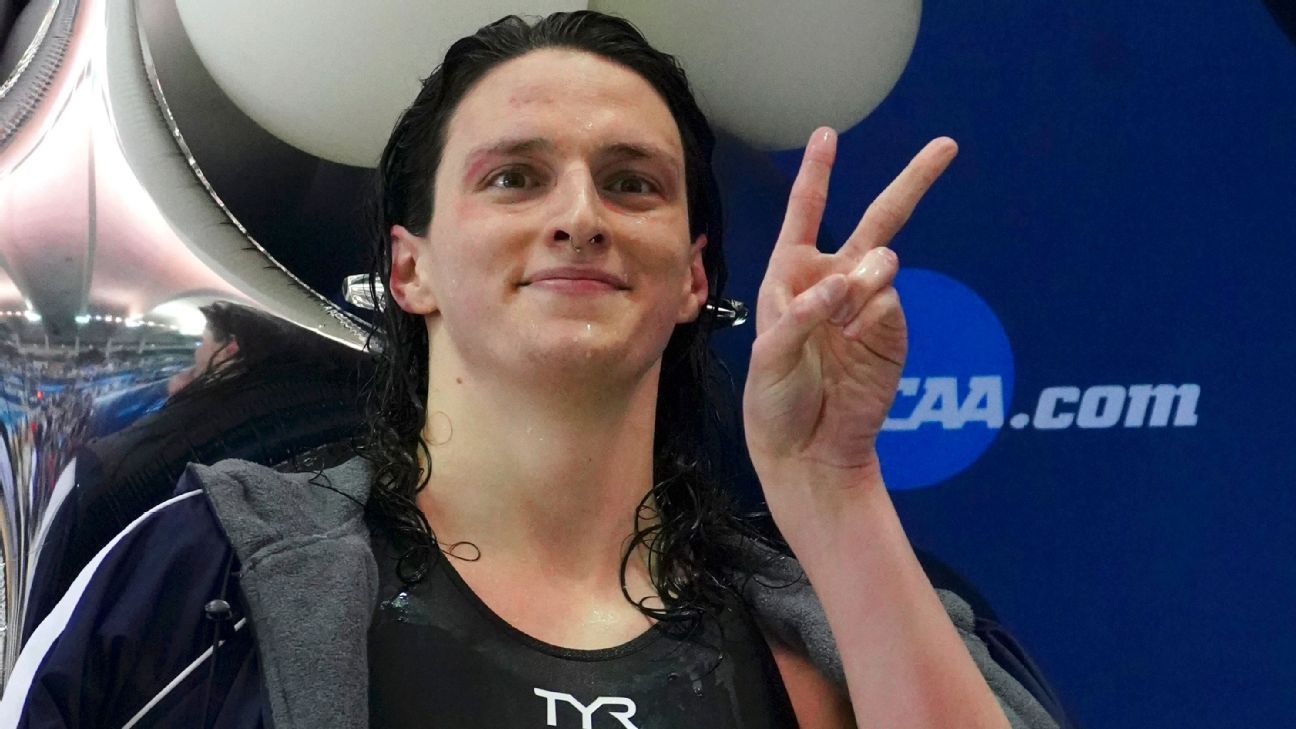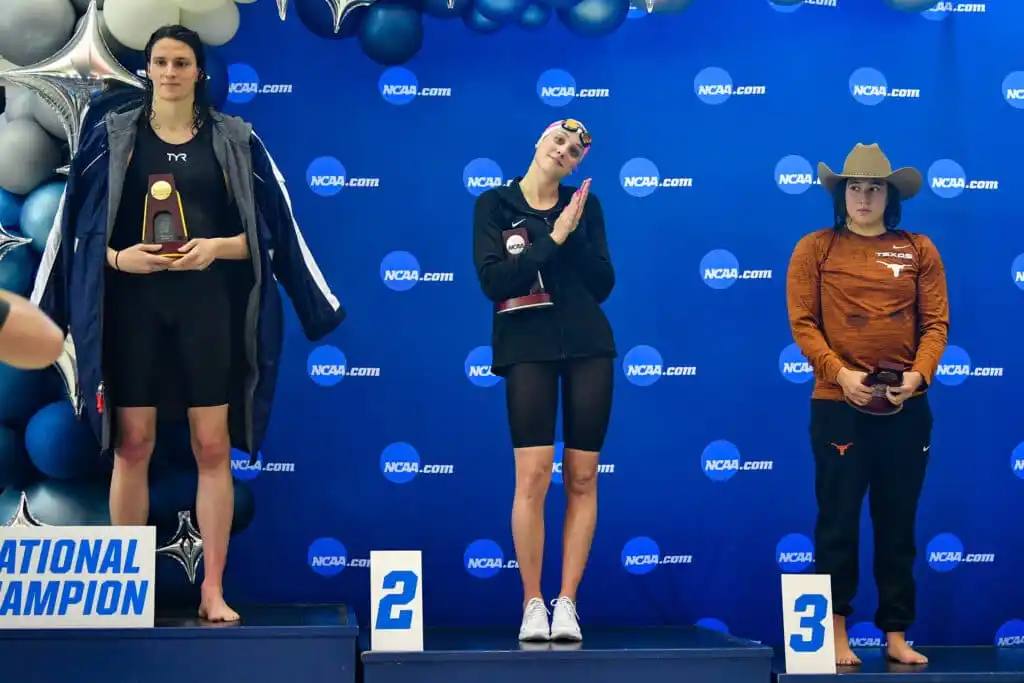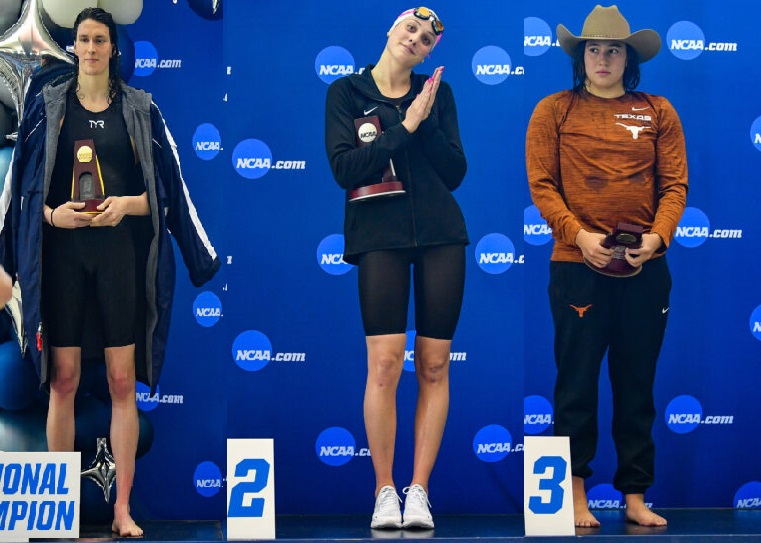The International Olympic Committee began allowing trans athletes to compete in 2004. At first, the I.O.C. required athletes to legally change their gender and undergo genital surgery, as if a mislabelled passport and the presence of a penis gave them a leg up on the competition. The N.C.A.A., six years later, took a different approach. After consulting with students, medical experts, and people from the L.G.B.T.Q. community, the association announced that trans women would be able to compete on collegiate women’s teams after one year of testosterone suppression. Other governing bodies, including the I.O.C., went on to adopt similar rules.
The focus on testosterone seemed, to many, straightforward: on average, men have testosterone levels around fifteen times that of women, and the competitive advantages of taking testosterone—at least exogenous testosterone, a steroid—were well established. But the research concerning endogenous testosterone, the kind that the body makes naturally, was less settled. There is a gap between the range of testosterone levels in men and the range in women—one researcher described it to me as a “chasm”—but there is enough variability among élite athletes to create some small degree of possible overlap between sexes, and researchers have not been able to establish a definitive causal relationship between individual testosterone levels and athletic performance. Bodies produce differing levels of the hormone, and have differing abilities to make use of it; comparing the testosterone levels of eight cisgender runners or swimmers of the same sex before a race does not tell you who will win it.
At the same time, hormone-replacement therapy may not counteract all the competitive advantages a body might gain during testosterone-driven puberty. It may not fully reduce the difference in lean body mass or in grip strength, for instance, or change the width of a pelvis. And so, while some people maintain that there is not enough evidence to justify rules requiring testosterone suppression, others insist that such rules don’t do enough.
As Thomas underwent hormone-replacement therapy, and went through something like female puberty, she noticed some of her muscles softening. Fat was redistributed around her body, and she felt herself losing aerobic capacity. Her times in the pool started rising. She continued to swim with the men’s team, sporadically, wearing a women’s suit. Then the pandemic started, and the season was cut short; the next season was cancelled altogether. Thomas kept up the hormone therapy, and preserved her final year of eligibility. By the time the current season started, she had been suppressing testosterone for more than two years. She felt happy, she said, to compete, finally, as her “authentic self.”
Few people paid attention when, in a meet against Princeton and Cornell, in November, she put up the season’s best times in the two-hundred-yard and five-hundred-yard freestyle races, and set Penn records. But, in early December, at the Zippy Invitational, in Akron, Ohio, Thomas dropped another second off her time in the five-hundred-yard freestyle, and nearly a second and a half off her time in the two-hundred-yard race. She won the sixteen-hundred-and-fifty-yard freestyle by thirty-eight seconds. On the same day, a group of parents of Penn swimmers anonymously sent a letter to the N.C.A.A. arguing that Thomas should not be allowed to compete in women’s competitions. “At stake here is the integrity of women’s sports,” the parents’ letter, which was also sent to Penn and the Ivy League, declared. “The precedent being set—one in which women do not have a protected and equitable space to compete—is a direct threat to female athletes in every sport. What are the boundaries?”
Continued






